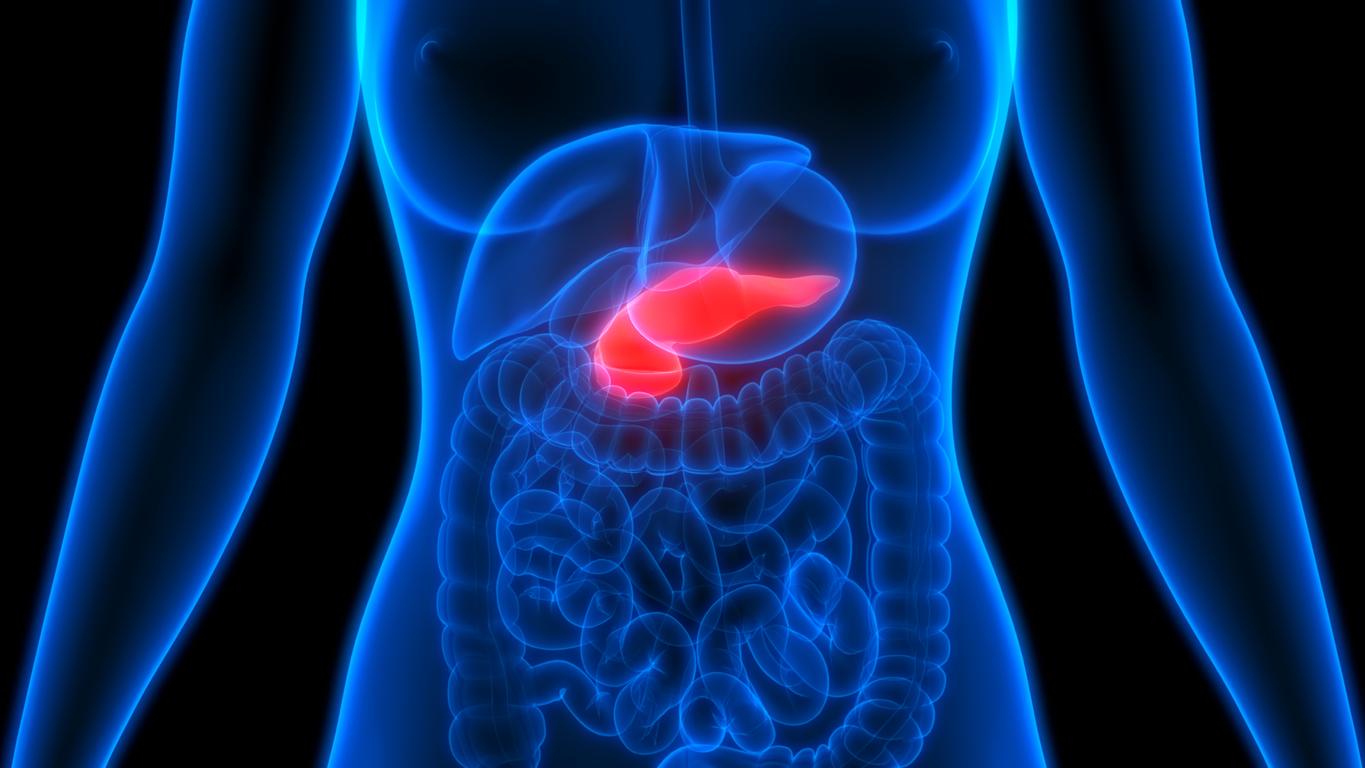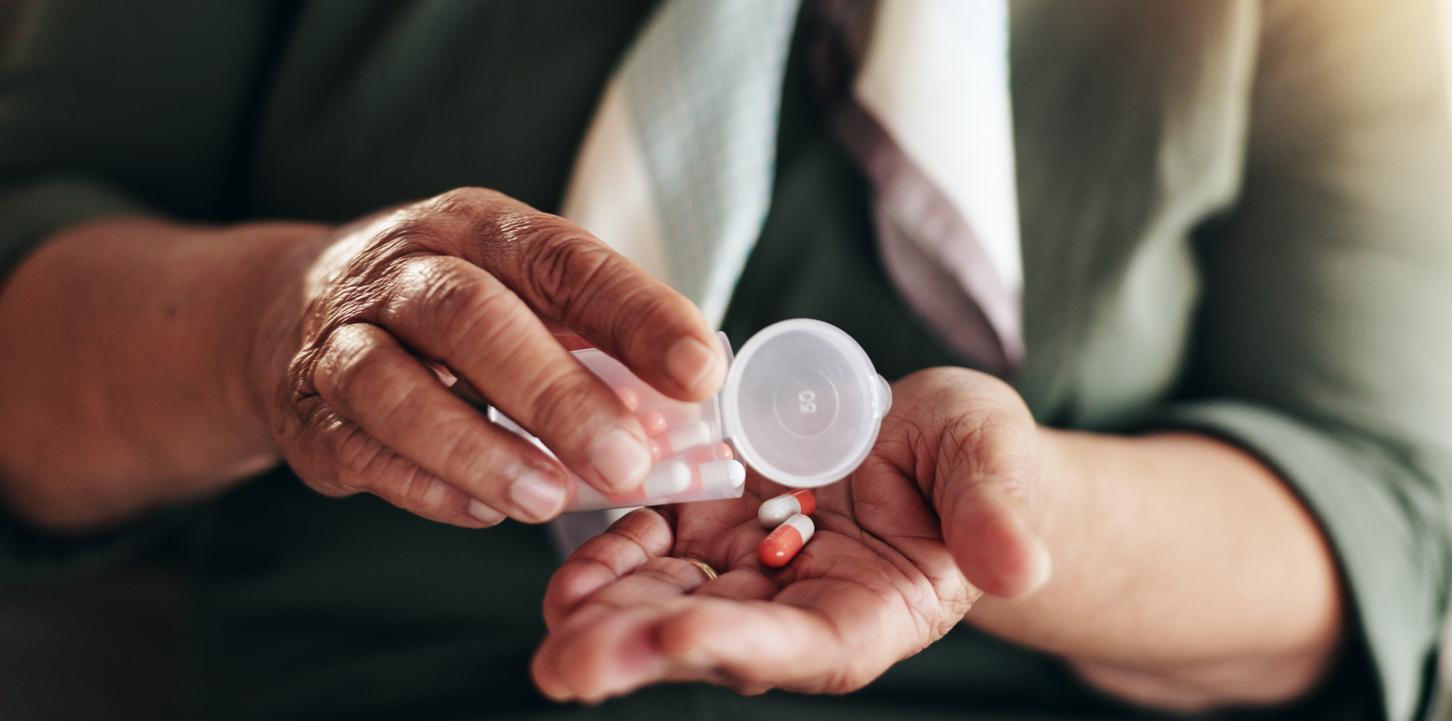Is the coronavirus pandemic in a new phase of acceleration? Since the beginning of July, cities in Portugal, Spain, Great Britain, Morocco and Italy have had to reconfine their populations locally. This worrying context, combined with signs of general relaxation of the French population in the face of barrier measures, makes the Academy of Medicine fear the appearance of a local resumption of the epidemic.
Also, to avoid the worrying scenario of a reconfinement during the summer and a so dreaded second wave, which the Director General of Health Jérôme Salomon announces for the fall, the National Academy of Medicine has just made proposals. “A major challenge for monitoring the Covid-19 pandemic is monitoring the circulation of the virus in the population to prevent any resurgence as soon as possible,” said the Academy in a press release.
How to avoid re-containment?
Intensify screenings in at-risk communities : companies, health establishments, slaughterhouses, accommodation for people in precarious situations… “by making the most of the resources currently available for screening by RT-PCR”.
Appeal to a sense of responsibility, in order to maintain compliance with barrier measures and the wearing of masks, even during the summer months. In particular, by conducting an information campaign aimed at young people, to remind them that by protecting themselves, they protect those around them.
But also strengthen epidemiological surveillance throughout the country through the implementation of a wastewater control program “intended to locate the communities maintaining the circulation of Sars-CoV-2”.
Monitoring sewage to track the coronavirus
The idea may come as a surprise, yet this type of monitoring was adopted as early as the beginning of April by a dozen research groups around the world, who began to analyze wastewater as a means of estimating the total number of Covid-19 infections in a community, as reported Nature magazine.
Wastewater analysis is indeed a good way for researchers to track infectious diseases that are excreted in urine or faeces, including the coronavirus. This analysis can highlight the presence of Sars-CoV-2, even in the absence of major signs and symptoms. This is particularly the case in Paris, where the monitoring of wastewater has made it possible to show that the Covid-19 was again present in the form of infinitesimal traces in the water. Sign of the intensification of the circulation of Covid-19.
The recommendations of the Academy of Medicine
To monitor the circulation of SARS-Cov-2 in the population by microbiological analysis of wastewater from treatment plants, the National Academy of Medicine recommends:
- To make this virological monitoring systematic through quantitative tests using rigorous methodology, as long as the virus circulates in the population.
- To extend this systematic surveillance to other viruses: myxovirus, rotavirus (gastro), respiratory syncytial virus (bronchiolitis).
- To constitute a bank of samples allowing retrospectively to detect any new virus or pathogenic agent which would appear in the population, thus fixing the beginning of the epidemic
“Routine wastewater monitoring could be used as a non-invasive early warning tool to alert communities to new COVID-19 infections,” Ana Maria de Roda Husman, an infectious disease researcher at the Institute, recently explained. Dutch National Public Health and Environment. This institute has already monitored wastewater to follow the evolution of measles cases. Monitoring viral particles in wastewater could give health authorities a head start on the epidemic and allow them to place a community in quarantine before decreeing the reconfinement of a larger part of the population.
Read also :
- Coronavirus: can we swim safely in a swimming pool?
- Coronavirus: can we use air conditioning without risk?
- Coronavirus and children: what we know
- Covid vaccine: where are we?
- Treatments under study for the coronavirus
















